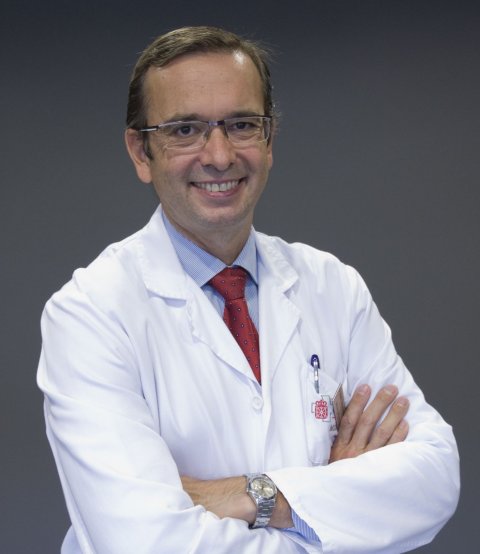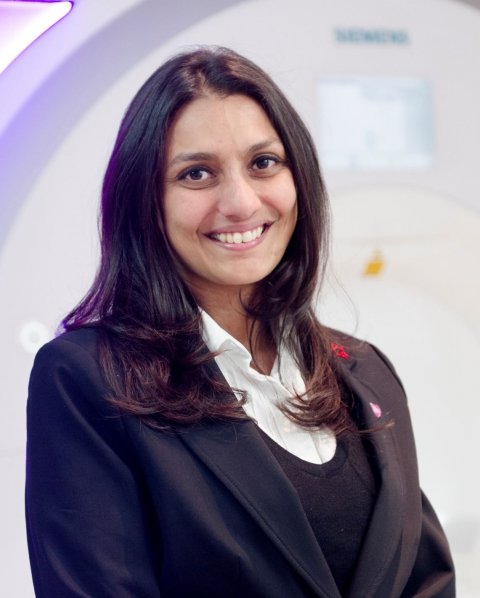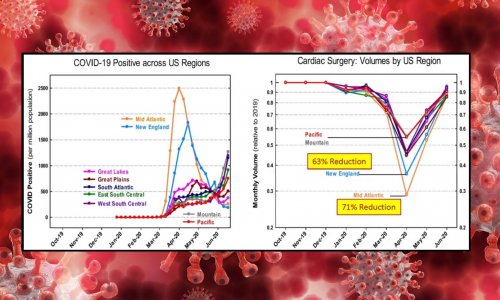Article • Covid-19 collaterals
Coronavirus impacts heart surgery across Europe
Cardiac surgery across Europe is being set back as a result of the ongoing coronavirus. Operations are being postponed, treatment delayed, and critical care staff have been redeployed to cope with the impact of the Covid-19 epidemic on health services. However, gaining a clear picture of the Europe-wide situation, and the long-term effects coronavirus will have on heart surgery, is a challenge concerning surgeons and health planners.
Report: Mark Nicholls
While evidence illustrates a significant fall in heart surgery procedures in the United States and in the UK, specific data for the effect across Europe remains patchy, though it could be as much as 30% in some countries. The European Association for Cardio-Thoracic Surgery (EACTS) is looking to compile detailed data in the coming months via a survey, although recognises the process is fraught with challenges. Factors include different health systems, the varied impact of coronavirus and steps to tackle it, and differing approaches on how to maintain heart surgery and reduce waiting lists.
In England, the charity the British Heart Foundation has monitored the situation and found that around 371,000 heart operations and procedures were performed in 2020, down 22 per cent from 2019 when more than 473,000 were carried out. Operations such as coronary bypass and heart valve surgery fell from 37,000 cases to around 25,000 by the end of November 2020, compared with 2019, while procedures such as fitting stents to open blocked arteries also fell. Meanwhile, research presented at the 57th Annual Meeting of The Society of Thoracic Surgeons showed that in the United States Covid-19 resulted in a 53% decrease nationwide in all adult cardiac surgery.

EACTS Interim Secretary General, Dr Rafael Sádaba, who is an adult cardiac surgeon at the Complejo Hospitalario de Navarra in Pamplona, Spain, said the situation in Europe was clouded by the differing approaches. “Some countries had designated hospitals as Covid-only, while other hospitals were Covid-free with surgery, including cardiac surgery, continuing with extra operations being performed,” he said.
In his centre, surgery slowed significantly during the first wave of the pandemic, but as it eased in the summer, he and colleagues saw a “window of opportunity” to catch up, with a second and third wave looming. “By the end of the year we did more a less the cases we would have done in any other year but this is not the case in other hospitals,” added Dr Sádaba.
Factors skewing the data could be fewer patients attending hospital because of fear of catching Covid, changing referral patterns from outpatients for surgery, and primary care consultations being conducted remotely. He continued: “We also have to recognise that these patients are sicker than the normal population because they have heart disease, and some may have died. Yet when we were not operating, we contacted patients to see how they were and most were fine as they were not going out and exercising, or experiencing angina or breathlessness, because they were confined at home. However, it is difficult to know what the impact in the coming months or years will be and whether we are going to see patients coming through in bigger numbers.”
Recommended article

Article • Coronavirus impact on A&E
Covid-19: UK emergency departments see dramatic fall in attendance
Accident and Emergency departments across the NHS have seen dramatic falls in attendances amid the ongoing coronavirus crisis. Senior A&E practitioners are becoming increasingly concerned that people who need to be seen for serious conditions such as suspected heart attacks are staying away – or not seeking help until much later – because they are frightened of contracting coronavirus.
The EACTS is considering a Europe-wide survey on the impact of Covid on heart surgery, though preliminary results from a smaller study already conducted in Spain indicate a 30% fall in operations in some parts of the country. Conducting a Europe-wide survey has challenges; not only with compiling data in a Covid environment but also in comparing like-with-like because of the diverse health systems. “There are just so many unknowns,” said Dr Sádaba. “That means that it is going to be difficult to plan for the future and that is a problem for healthcare providers.”
The picture regarding waiting lists is also unclear. He said in Germany, cardiac surgeons are operating at high intensity to keep waiting lists down, while the waiting list pressure is less in Spain and in some regions unexpectedly low, which is puzzling health analysts.

However, in the UK, consultant cardiologist Dr Sonya Babu-Narayan, who is BHF Associate Medical Director, said, remains concerned at the impact of a growing backlog of people needing heart treatment. “The moment the current crisis abates, we need to urgently address the backlog of people waiting for treatment before it becomes too late for some,” she said.
Data from Public Health England show there have been at least 5,700 excess deaths from heart diseases and stroke since the pandemic began. “Delays to heart operations and procedures are likely contributing to more deaths than expected. The true scale of this disruption is still unknown and could be felt for years to come,” added Dr Babu-Narayan.
A systematic review of 27 studies worldwide, published in the European Heart Journal in January, evaluated the impact of the pandemic Covid-19 on the care for patients with acute cardiovascular disease. Admissions to hospital decreased during the pandemic by 40-50% for acute coronary syndromes (ACS) emergencies and 12-40% for stroke emergencies.
Profiles:
Dr Rafael Sádaba is an adult cardiac surgeon at the Complejo Hospitalario de Navarra in Pamplona, Spain; EACTS Interim Secretary General; and a Fellow of the Royal College of Surgeons of Edinburgh. He is also a member of the Spanish Society for Thoracic and Cardiovascular Surgery and the European Society of Cardiology (ESC).
Dr Sonya Babu-Narayan is a consultant cardiologist at Royal Brompton Hospital in London, Associate medical director at the British Heart Foundation and a Clinical Senior Lecturer at the National Heart and Lung Institute, Imperial College London.
11.03.2021










